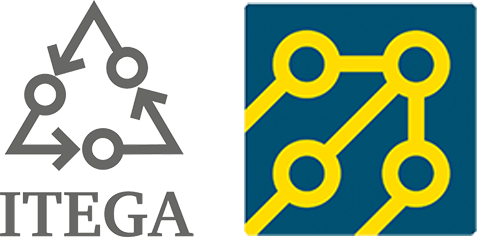ITEGA calls for support of ‘public option’ user privacy/identity ecosystem — led by journalism-aiding nonprofit
 Three years of research, meetings and webinar testimony support a call for funding and action to create a “public option” for web user identity and privacy that is under the control of individuals rather than private industry, the Information Trust Exchange Governing Association (ITEGA) concludes in a “white-paper” report.
Three years of research, meetings and webinar testimony support a call for funding and action to create a “public option” for web user identity and privacy that is under the control of individuals rather than private industry, the Information Trust Exchange Governing Association (ITEGA) concludes in a “white-paper” report.
“Identity, Advertising and the Future of Journalism: A Call to Action,” released April 30, is based on participation by dozens of experts in journalism, government, publishing, advertising technology, privacy advocacy and academic research. The report quotes more than a dozen experts who were part of three focused webinars in January and March.
ITEGA is a California-chartered public-benefit corporation, a tax-exempt nonprofit under section 501(c)3 of U.S. tax laws. It’s mission is to sustain journalism and an open web. It began its work in 2018 with ongoing strategy sessions in Chicago, New York and Washington. D.C.
“A stalemate among competing interests of marketers, publishers and technology companies is leaving the public with little ability to effectively manage or control personal information coursing through the business or publishing web,” the report says.
The stalemate, the report says, means there is “an urgent need to develop consensus with leadership by a public-benefit entity with sufficient gravitas and resources to create a public option for web identity.”
“We recommend that foundations, publishers, technology companies and privacy NGOs create or collaborate with a public-benefit non profit organization,” the ITEGA report continues, calling for joint action in four areas:
Fund new business models for small- and mid-sized news publishers that offer options for “building trust with audiences.”
Designate protocols and methods for sharing user data in a privacy-respecting manner
Embrace methods for public auditing and certifying such exchange
Collaborate with governments, industry and public advocates around existing and anticipated digital identity and privacy models and laws.
The report says the meetings and webinars found consensus about the need for enforceable rules around digital identity management, industry-independent governance, and efforts to enact a U.S. federal privacy law. “U.S. advertising-tech leadership has moved close to a partial solution, but has appeared unwilling to cede control of consumer identity authentication to a public-interest structure that could be global in impact and similar to the way internet domain names are governed.”

